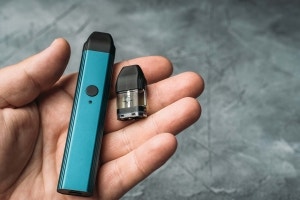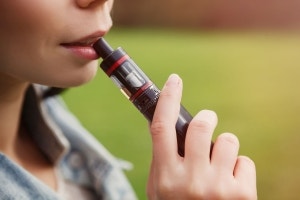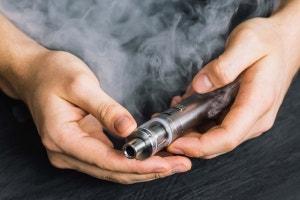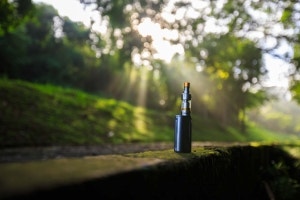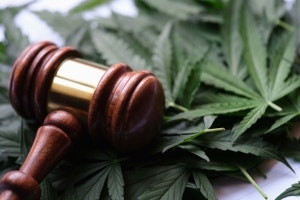CBD and Fitness: What You Should Know About Your CBD
Athletes are starting to use CBD more.
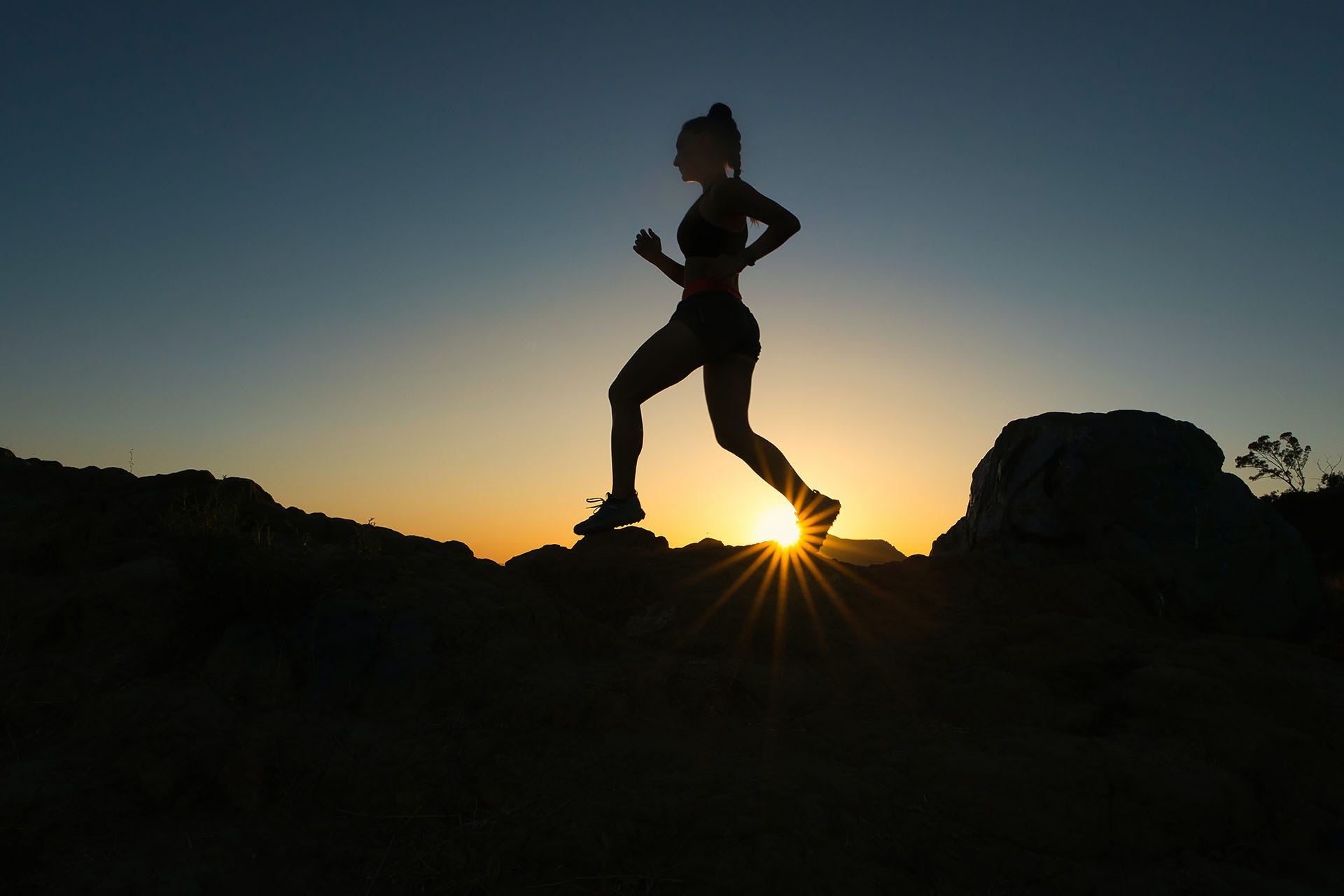
CBD, or cannabidiol, is one of the many compounds, known as cannabinoids, found in the cannabis plant. Unlike its more famous cousin, THC (tetrahydrocannabinol), CBD is non-psychoactive, meaning it doesn't cause the "high" associated with cannabis. However, it has gained significant attention due to its potential health benefits.
Preliminary research and anecdotal evidence suggest it may help with a range of conditions, from chronic pain and anxiety to sleep disorders. Recently, it's been gaining traction in the fitness world, with athletes and exercise enthusiasts looking to CBD for its supposed recovery and performance-enhancing benefits.
But as with any supplement, it's crucial to be informed about what you're putting into your body, especially considering the lack of regulation currently in the CBD industry. CBD should not be used to treat any medical condition unless the CBD products are registered as medical products.
Why CBD has grown popular for athletes
CBD has surged in popularity among athletes for a variety of reasons. Many attest that CBD helps soothe aches and pains, commonly associated with intense exercise and athletic performance. Post-workout recovery periods are reportedly shortened as CBD allegedly reduces inflammation, allowing athletes to return to their training regimen swiftly.
Furthermore, some athletes state that CBD aids in achieving better sleep, contributing positively to their recovery process. It's also seen as a natural alternative to traditional over-the-counter medications, which may carry side effects. While these claims are largely based on anecdotal evidence, they have garnered CBD a substantial following in the fitness community.
Famous athletes using CBD
Several high-profile athletes have turned to CBD to enhance their training and recovery process. Boxing legend Mike Tyson has not only used CBD but also launched his own line of CBD products, championing the compound's potential benefits. Eddie Hall, a British strongman and world-record deadlift holder, has publicly endorsed CBD for its role in his recovery regime.
In the world of Mixed Martial Arts, Nate Diaz, a renowned UFC fighter, has been seen using a CBD vape pen during post-fight press conferences, citing its usefulness in healing and inflammation reduction.
Meanwhile, in rugby, James Haskell, a former international player for England, joined the CBD wave and launched his line of CBD products, emphasizing its assistance in maintaining an active lifestyle. These athletes' openness about their CBD use has played a substantial role in promoting CBD within the fitness community.
What you need to be wary of when using CBD for fitness
Navigating the CBD market can be challenging, especially with its current lack of regulation. It's essential for athletes and fitness enthusiasts to be diligent about the CBD products they choose. One key concern is the quality of CBD. An effective way to ensure you're getting a quality product is to look for third-party testing. Reputable CBD companies will have their products tested by an independent lab to verify the CBD content and ensure it is free of contaminants.
The type of CBD being used further plays a significant role. It's advisable for athletes to use CBD isolate or broad-spectrum CBD products, as these types are THC-free. This is crucial as THC, the psychoactive compound found in cannabis, is banned in many sports. Using THC-free CBD ensures athletes stay on the right side of their sport's governing bodies.
Equally important is choosing organic CBD products. CBD made from organically grown hemp will be free of harmful chemicals and metals. These substances can accumulate in the body over time and may impact your health and performance negatively. By prioritizing CBD products that are organic, third-party tested, and THC-free, athletes can enjoy the potential benefits of CBD without jeopardizing their health or sporting career.
Conclusion
The world of fitness and athletics has seen a significant rise in the use of CBD, driven by anecdotal assertions of its beneficial impacts on recovery and performance. High-profile athletes across different sports have come forward advocating for CBD, further bolstering its popularity. However, the lack of regulation in the CBD industry highlights the need for caution.
Athletes should ensure they choose high-quality, third-party tested, THC-free, and organic CBD products to safeguard their health and continue complying with their sports' governing bodies.
While preliminary research and anecdotal evidence suggest the potential benefits of CBD for fitness, more comprehensive studies are needed to fully understand its impacts. Athletes considering CBD should do so in consultation with healthcare professionals, and be well-informed about the products they choose to use.


